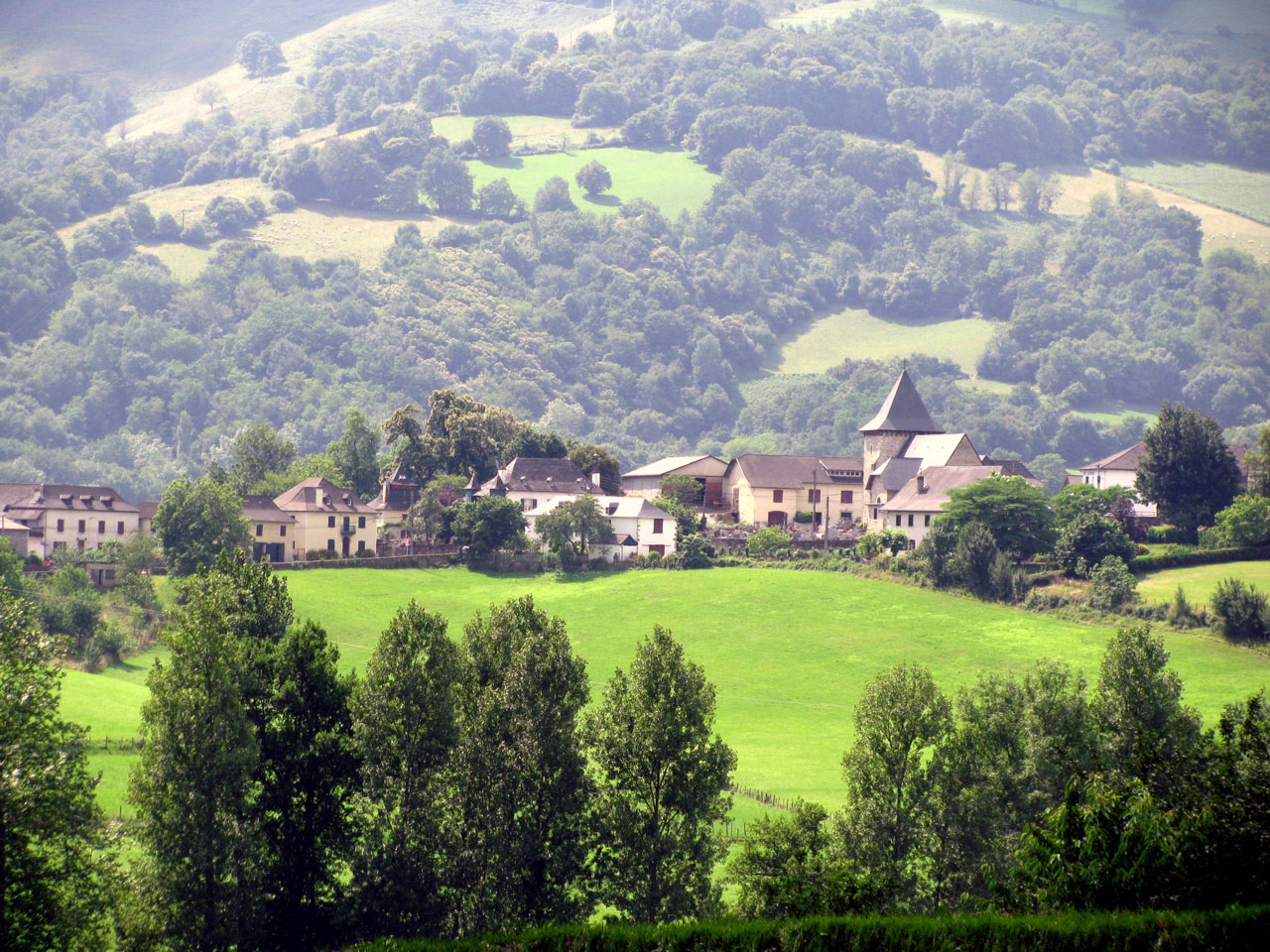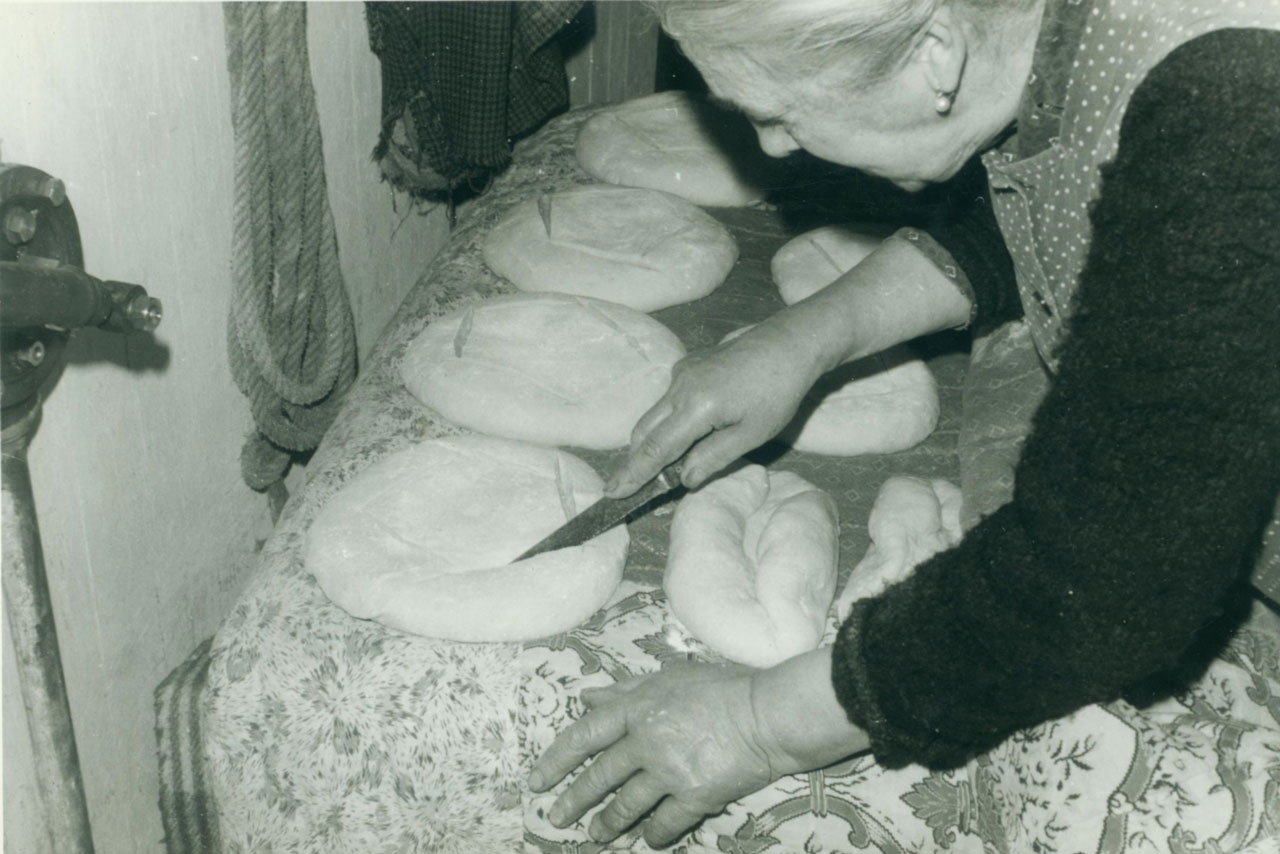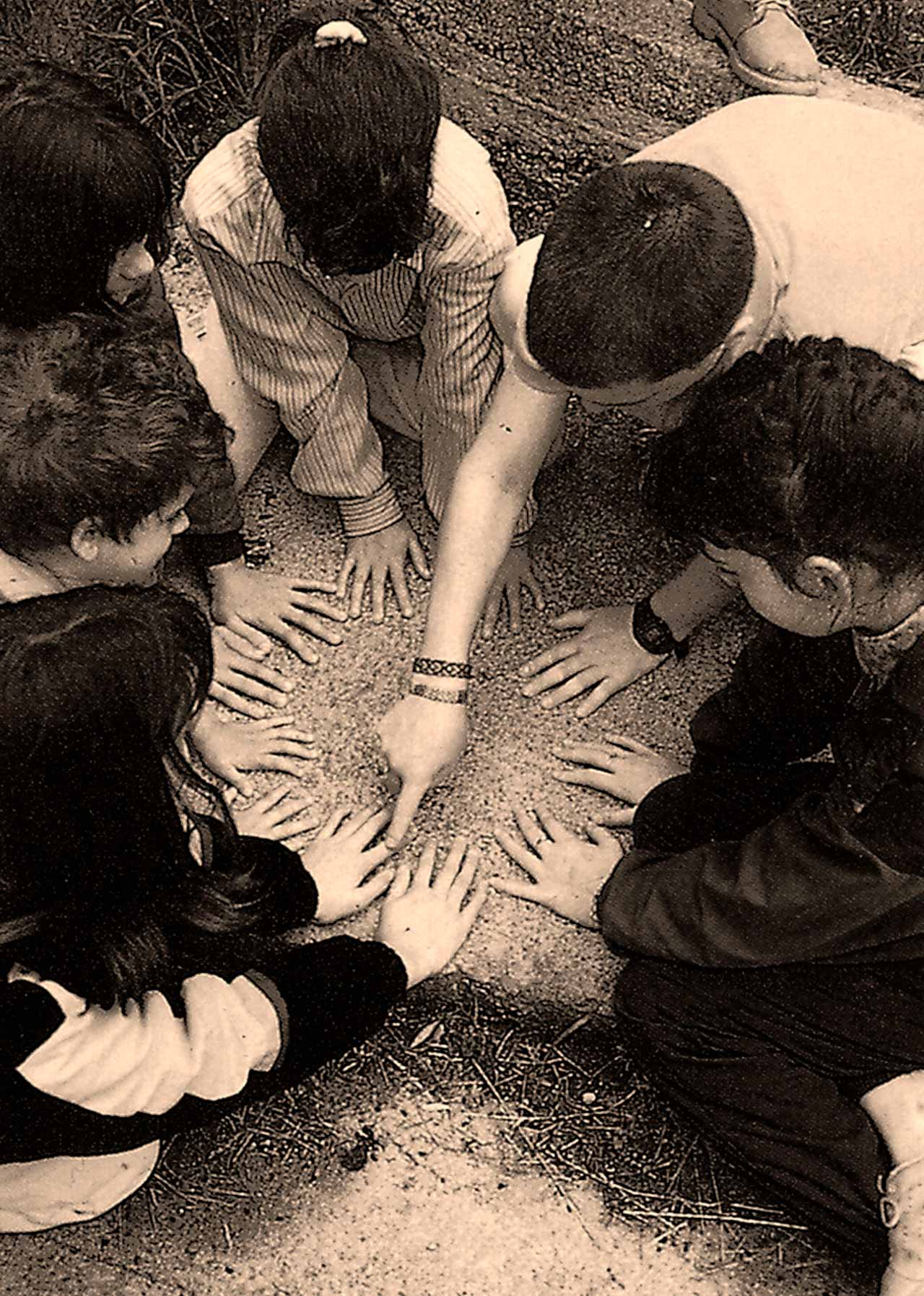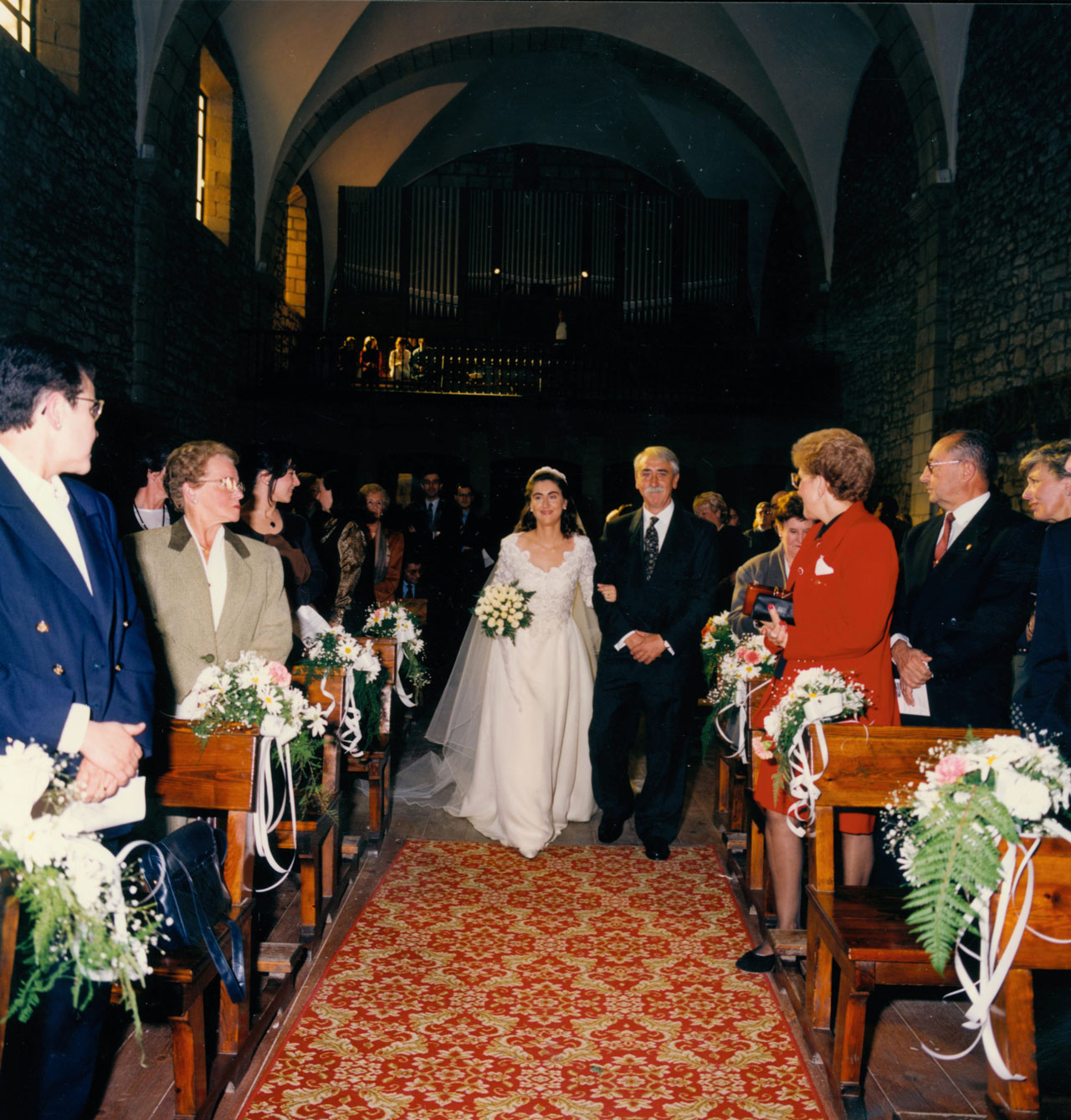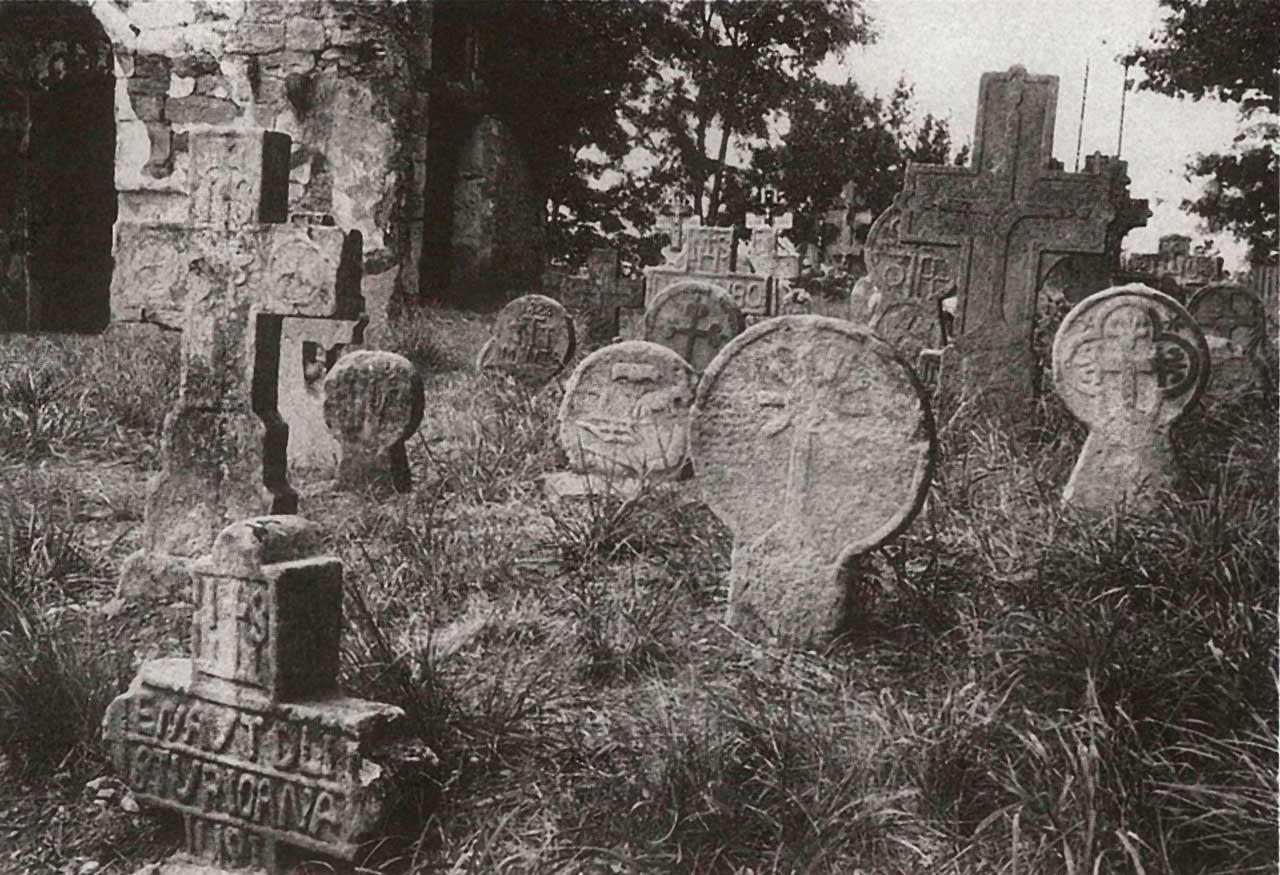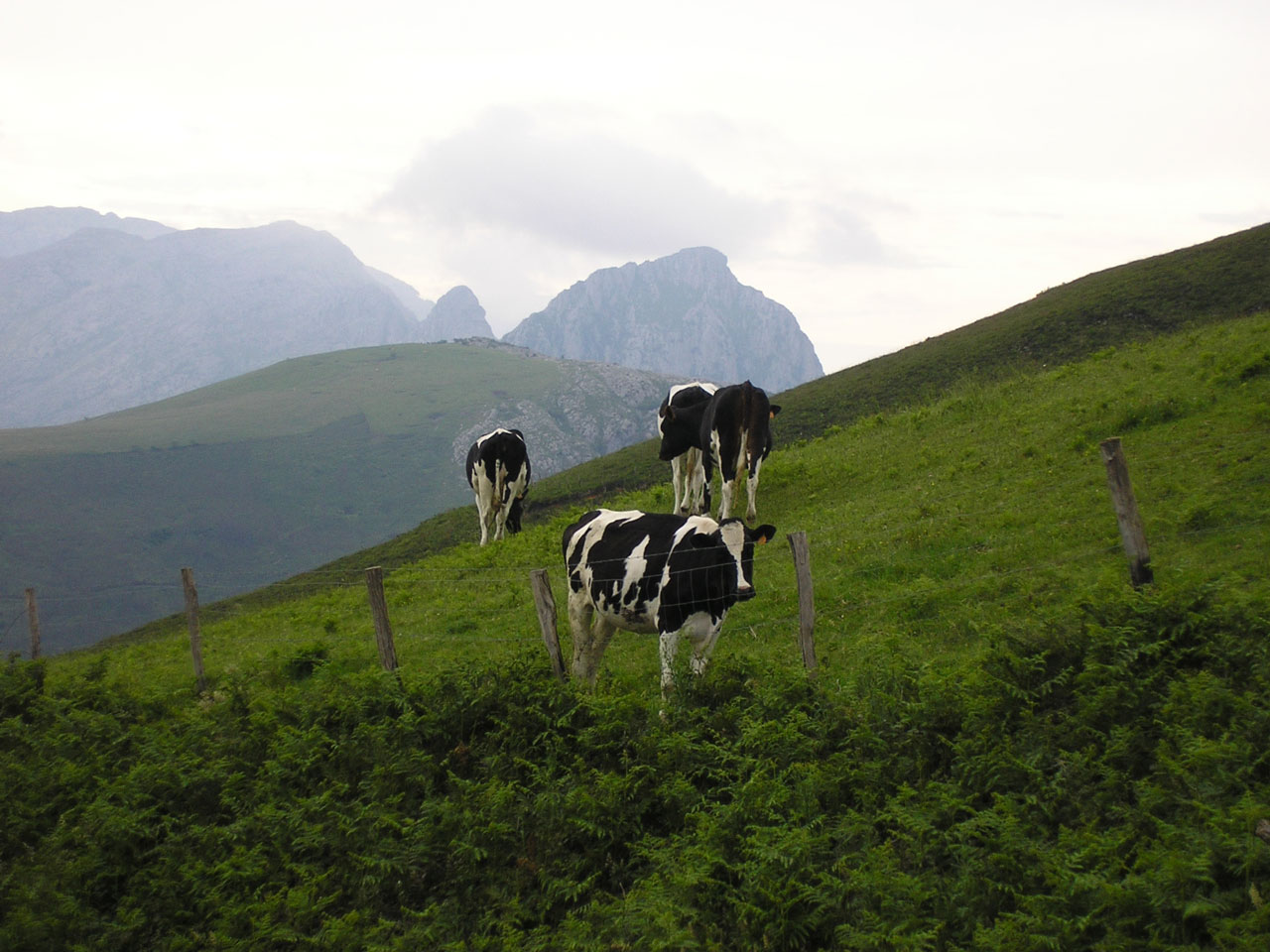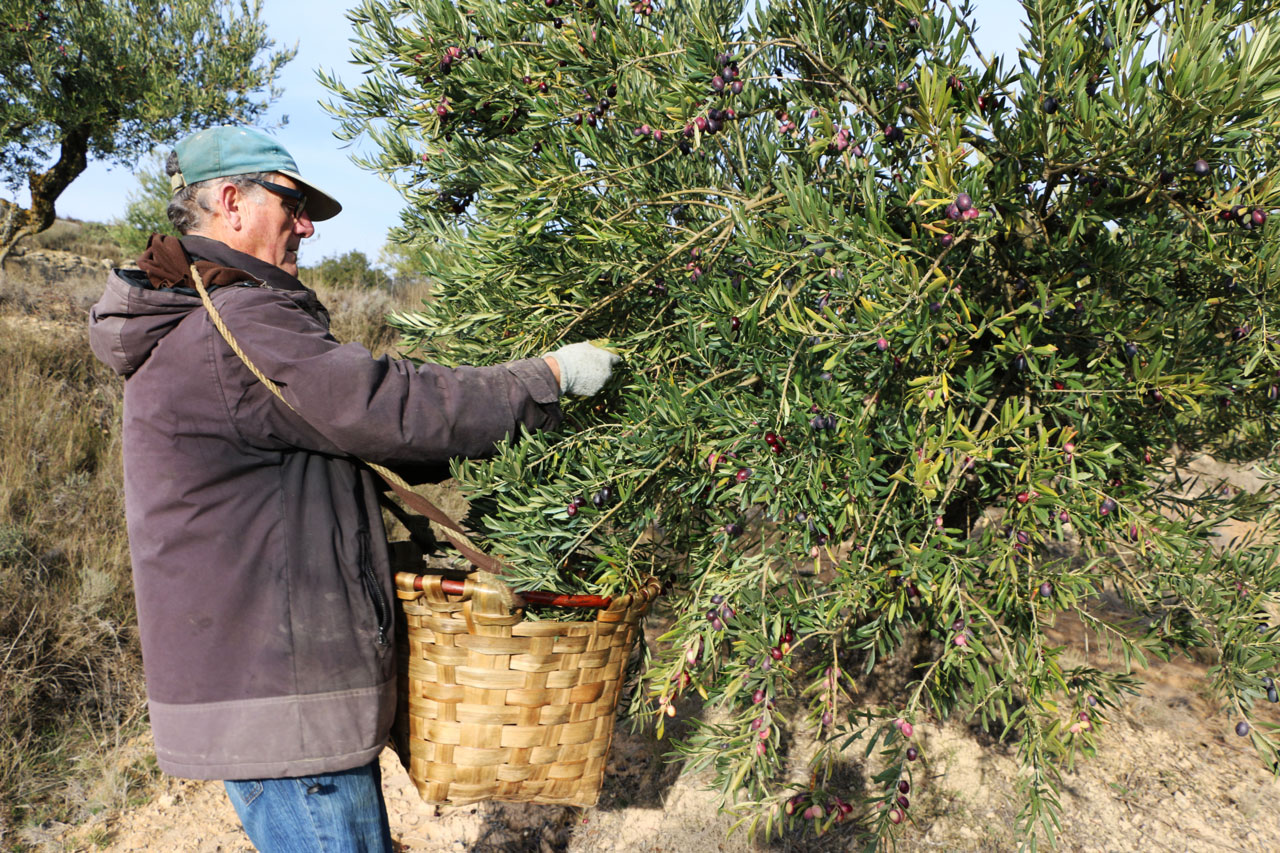Diferencia entre revisiones de «Main Page/en»
De Atlas Etnográfico de Vasconia
| Línea 179: | Línea 179: | ||
====[/atlas/nacimiento/Entrada-en-el-templo-Getxo-1996.jpg|Bride’s entrance in church. Getxo (B), 1996. Source: Labayru Fundazioa Photograhic Archive.|Ezkon urte, ero urte. <br />''People go crazy in the year they wed.''||]==== | ====[/atlas/nacimiento/Entrada-en-el-templo-Getxo-1996.jpg|Bride’s entrance in church. Getxo (B), 1996. Source: Labayru Fundazioa Photograhic Archive.|Ezkon urte, ero urte. <br />''People go crazy in the year they wed.''||]==== | ||
| − | ====[/atlas/nacimiento/ | + | ====[/atlas/nacimiento/Ofrenda-en-la-tumba-familiar-Donostia-1958.jpg|Offering to the departed. Donostia, 1958. Source: Segundo Oar-Arteta, Etniker Euskalerria Groups.|Ezkonberri, etxe berri. <br />''A married person wants a house.''||]==== |
====[/atlas/nacimiento/Urduliz-1984.jpg|Urduliz (B), 1984. Source: Akaitze Kamiruaga, Etniker Euskalerria Groups.|Haurrak negarrik ez, titirik ez. <br />''A baby who does not cry, does not suckle.''||]==== | ====[/atlas/nacimiento/Urduliz-1984.jpg|Urduliz (B), 1984. Source: Akaitze Kamiruaga, Etniker Euskalerria Groups.|Haurrak negarrik ez, titirik ez. <br />''A baby who does not cry, does not suckle.''||]==== | ||
Revisión del 13:05 11 mar 2020
House and Family in the Basque Country


House and Family in the Basque Country
“It has quite rightly been said, therefore, that any human settlement is the amalgamation of a little humanity, a little land and a little water.”
J. M. Barandiaran
Family Diet in the Basque Country


Family Diet in the Basque Country
Donde no hay ni pan ni pollos, el horno no está para bollos. If there’s no bread or chicken, you shouldn’t bake rolls.
Children’s Games in the Basque Country


Children’s Games in the Basque Country
Obabatxua lo ta lo, zuk orain eta nik gero; zeuk gura dozun orduren baten, biok egingo dogu lo ta lo. Lullaby
Traditional Medicine in the Basque Country


Traditional Medicine in the Basque Country
Kirkila bat eta kirkila bi, kirkilak dira hamabi: hamabitik hamaikara, hamaikatik hamarrera, hamarretik bederatzira, bederatzitik zortzira, zortzitik zazpira, zazpitik seira, seitik bostera, bostetik laura, lautik hirura, hirutik bira, bitik batera, batetik bapezera. Formula for scrofula treatment
Rites from Birth to Marriage in the Basque Country


Rites from Birth to Marriage in the Basque Country
Ezkon urte, ero urte. People go crazy in the year they wed.
Funeral Rites in the Basque Country


Funeral Rites in the Basque Country
Oilarrak gauez kukurruku jotzen badu, laster izango da gorpuren bat etxe hartan. A cockerel crowing at sunset, death is looming.
Cattle on common pastures. Carranza (B), 2007. Source: Luis Manuel Peña, Etniker Euskalerria Groups.
Livestock Farming and Shepherding in the Basque Country


Livestock Farming and Shepherding in the Basque Country
Communities in areas where livestock has been the fundamental basis of their way of life consider Saint Anthony Abbot as the main protector of the health and fertility of the animals.
Agriculture in the Basque Country


Agriculture in the Basque Country
Uzta garaian lokartzen, miserian iratzartzen. Anyone who sleeps at harvest time wakes up destitute.
